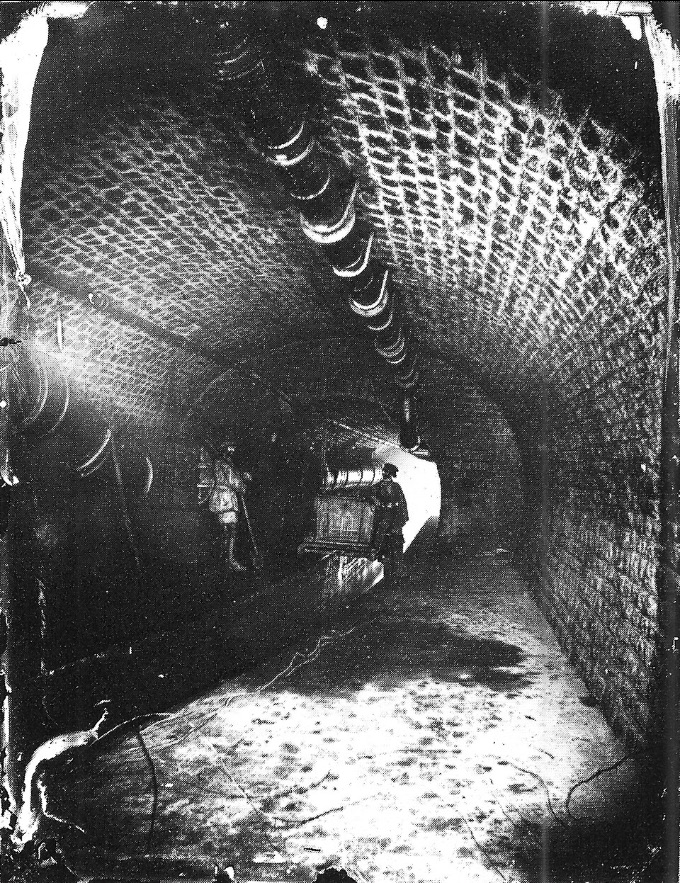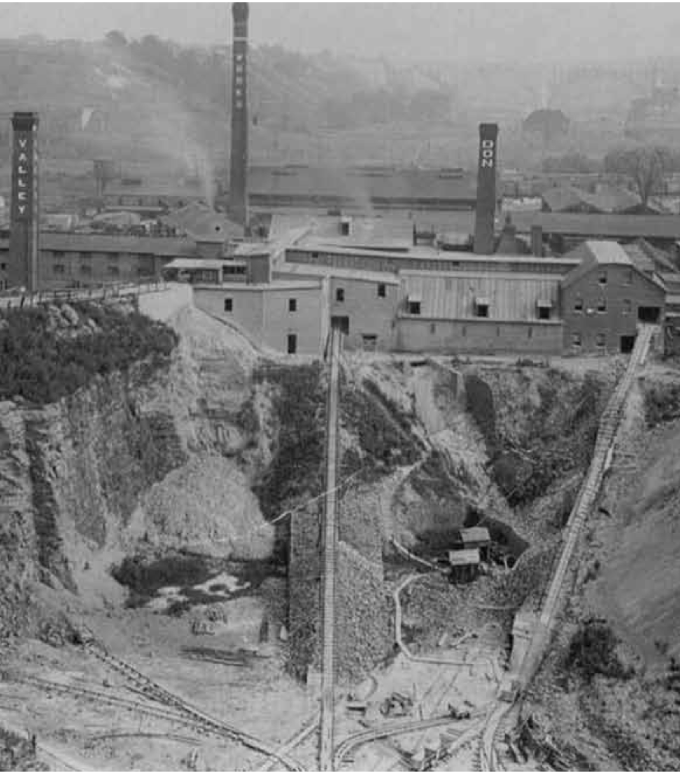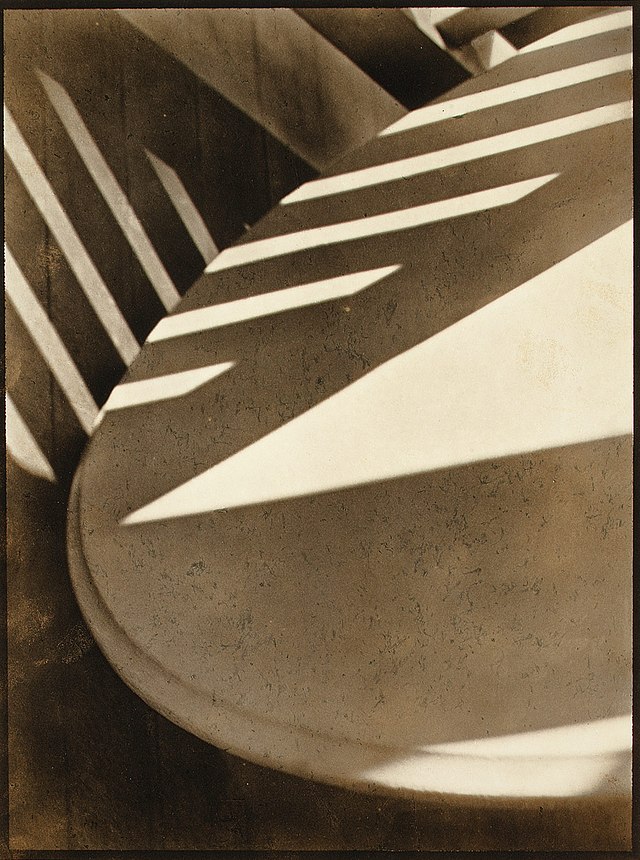May 23, 2025
Habitat
Our trash might be the most honest thing we produce.

Sewers of Paris in 1861. Photo by Félix Nadar via United States public domain
While authors like William McDonough and Ron Gonen focus on eliminating waste through design and systemic change, John Scanlan in his book, The Idea of Waste: On the Limits of Human Life, offers a different perspective. He reframes waste not as a problem to be solved but as a fundamental condition of human existence. His book presents a historical, sociological, and philosophical exploration of humanity’s relationship with what we produce unintentionally—casting waste not simply as a byproduct, but as a reflection of our values, limitations, and the fragility of the systems we construct.
Some context: I have an impossible list of books I want to read. A deep dive into humanity’s relationship with waste isn’t high on it. But the topic aligns with my interest in how humans learn, so I really appreciated this smart, nuanced review by Madeleine Adams.
It helped me see waste not as failure, but as feedback—something to learn from within the bigger picture of adaptive complexity.
Also, Madeleine would make a great dinner guest.
BOOK REVIEW: W.A.S.T.E. Not
Systems Thinking



